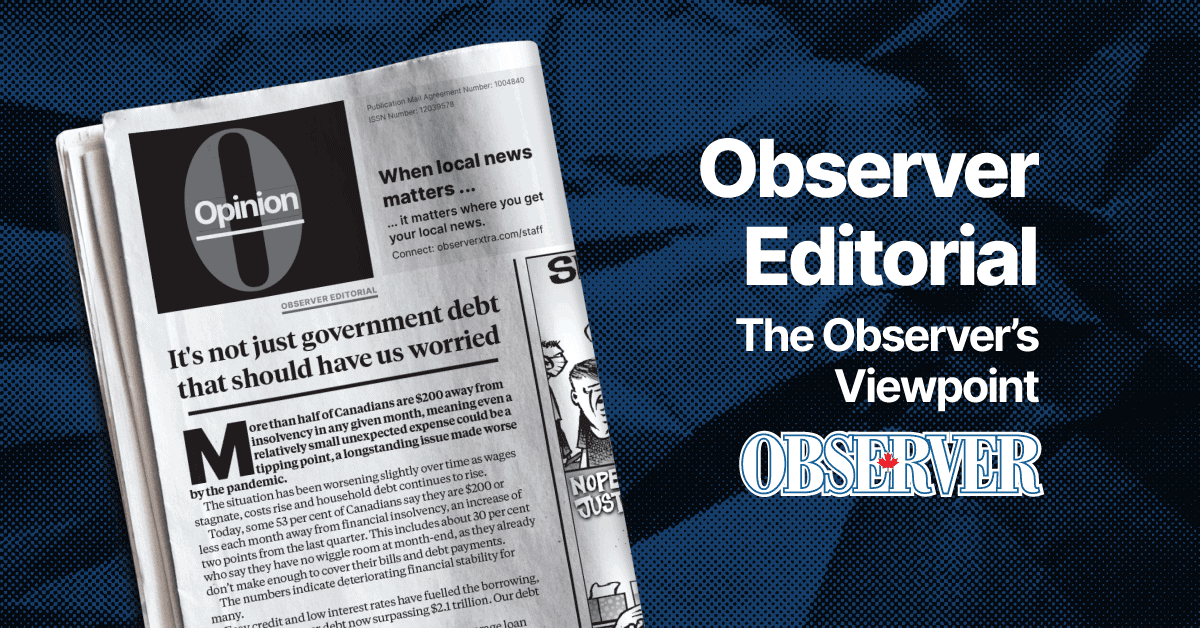;
;
;

Summertime and the livin’ is easy. Perhaps not this year, as the cost of living is anything but easy. Finally emerging from two years of lockdowns and restrictions due the pandemic, Canadians are now having to deal with other limitations in the form of rapidly rising prices that put a damper on acti
Last updated on May 03, 23
Posted on Jul 14, 22
3 min read
